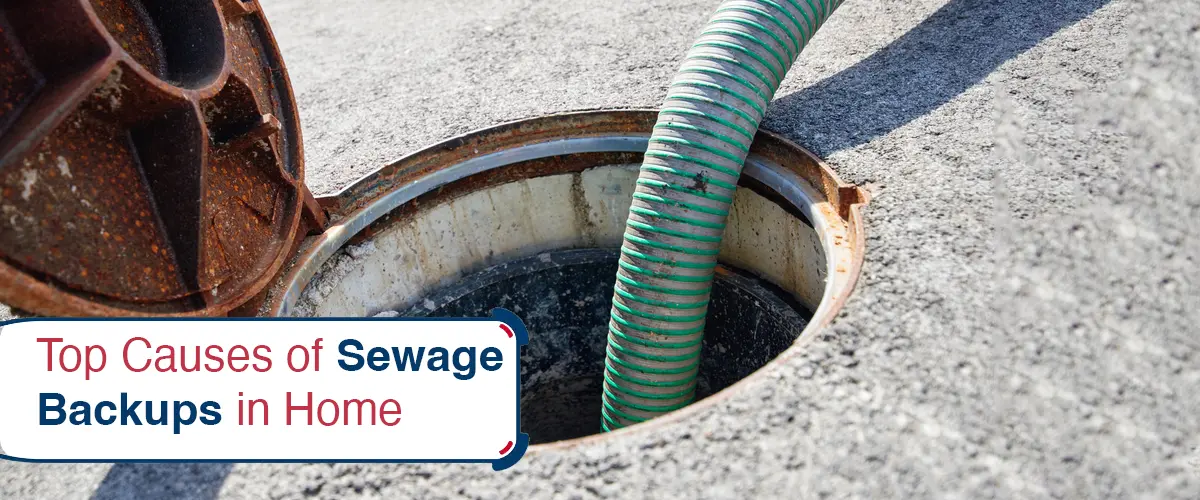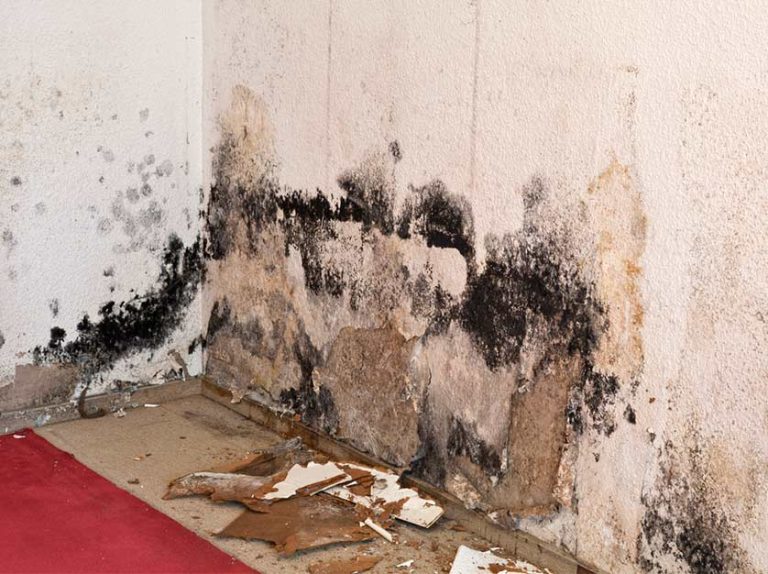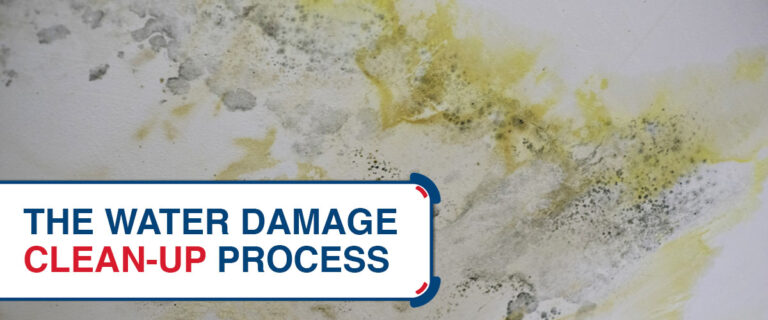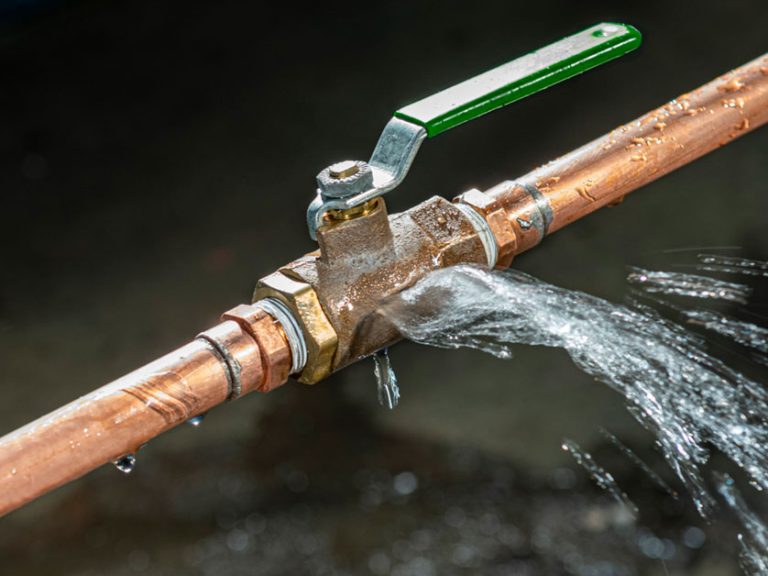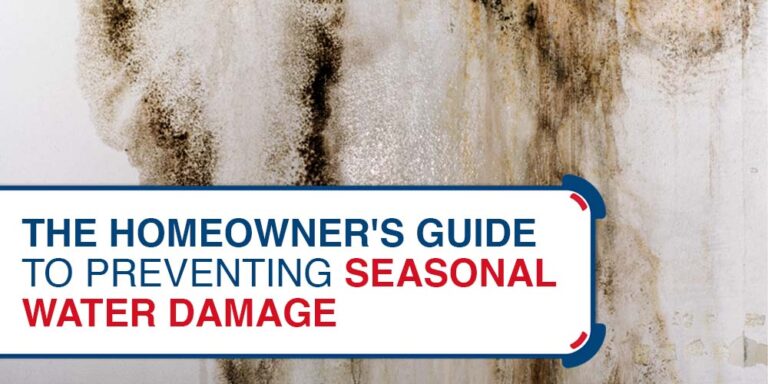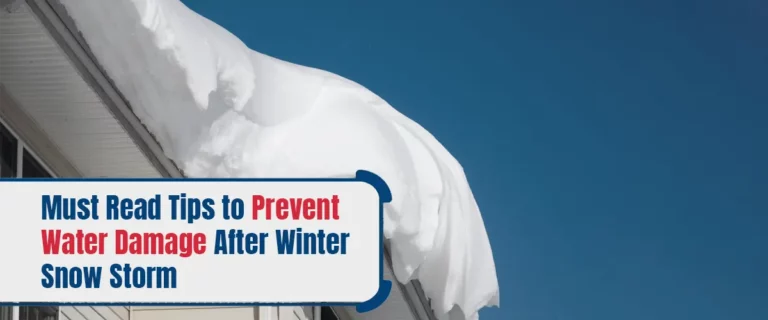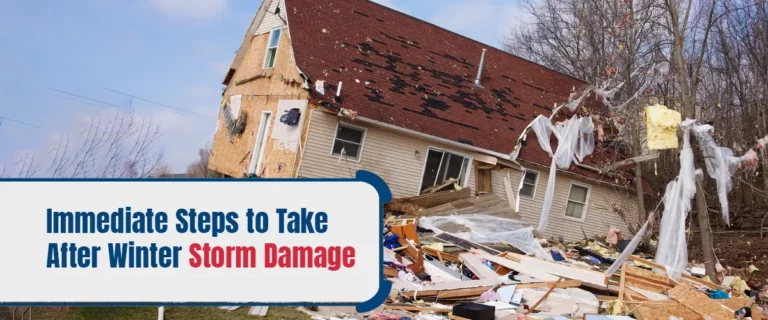Sewage backups are among the most unpleasant and potentially hazardous issues homeowners can face. These backups can lead to significant damage, health risks, and costly repairs. Understanding the common causes of sewage backups is crucial for homeowners to take proactive measures and prevent these unwelcome incidents.
Meanwhile, this comprehensive article will explore the top causes of home sewage backups, providing valuable insights into risk factors and prevention strategies.
Sewage backups are a nuisance and a serious concern for homeowners. The potential damage to property, health risks, and financial burden make preventing sewage backups a top priority. By understanding the causes behind these backups, homeowners can take informed actions to protect their homes and families.
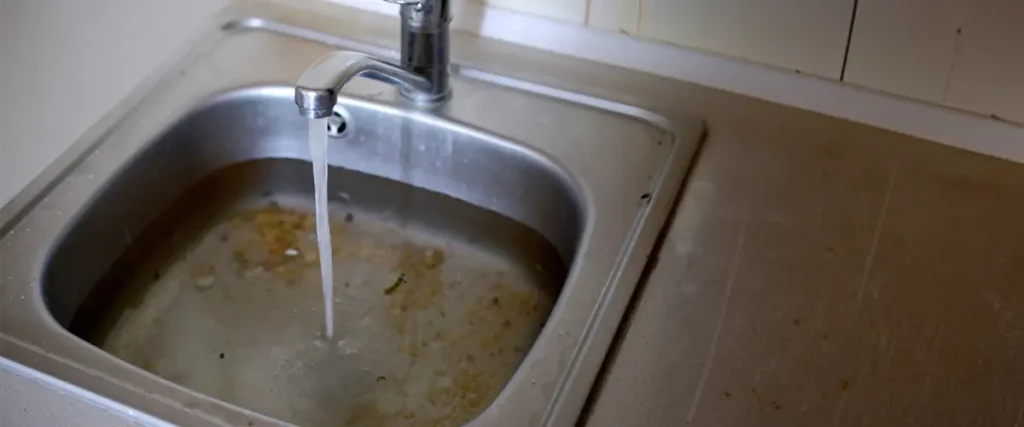
Clogged Drains and Pipes: A Recipe for Disaster
Clogged drains and pipes are one of the leading causes of sewage backups. Over time, debris, grease, hair, and other materials can accumulate within the plumbing system, obstructing the wastewater flow. When wastewater cannot properly drain, it can back up into your home, causing unsanitary conditions and damage. To prevent clogs, homeowners should avoid flushing such items down toilets:
- wipes
- paper towels
- hygiene products
- hair
- sanitary napkins
Regular drain maintenance, including drain screens and enzyme-based cleaners, can help maintain clear pipes.
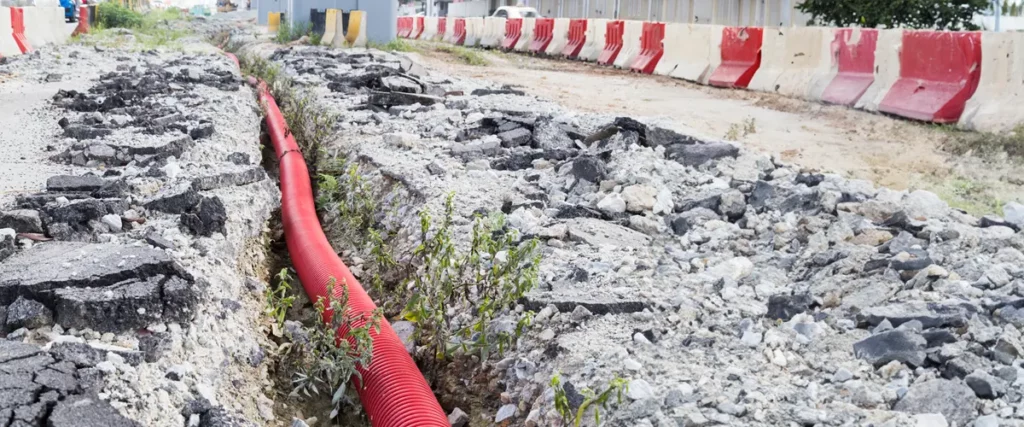
Tree Roots: Nature’s Intrusion into Sewer Lines
Moreover, the root systems of trees and shrubs can infiltrate sewer lines, causing blockages and backups. As roots grow, they can pressure pipes, causing them to crack or collapse. These infiltrations can lead to serious sewage backups and costly repairs.
To prevent tree root intrusions, homeowners should avoid planting trees near sewer lines and consider regular inspections to identify potential issues early. Professional tree removal or root barrier installation may be necessary if roots are detected.
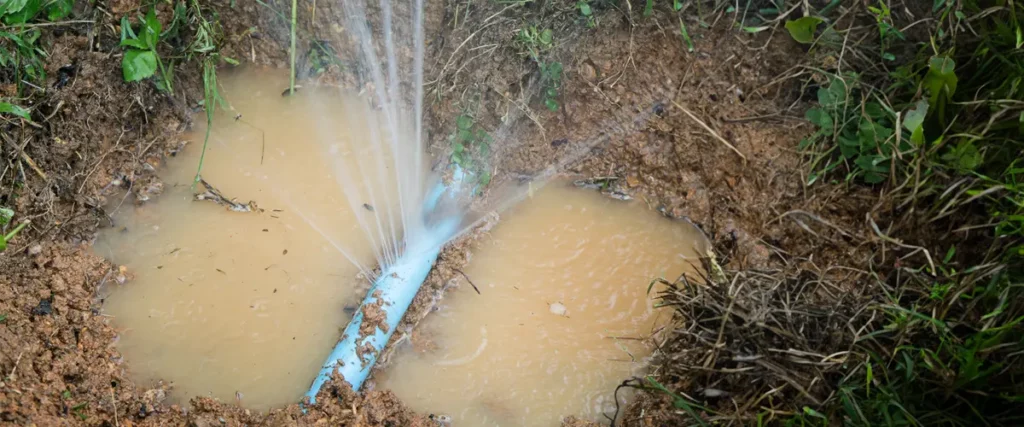
Faulty Sewer Lines: Aging Infrastructure
Old or deteriorating sewer lines are vulnerable to leaks, cracks, and collapses. These issues can lead to sewage backups, posing health risks and causing property damage. Aging infrastructure is a common problem in older homes and neighborhoods.
Homeowners should consider regular sewer line inspections like our water damage contractors in Lawrence KS, especially in older properties. If issues are detected, prompt repair or replacement of faulty sewer lines is essential to prevent backups.
Heavy Rain and Flooding: Overwhelmed Systems
During heavy rain or flooding periods, municipal sewer systems can become overwhelmed. Excessive water entering the system can lead to backups as the system struggles to manage the volume.
While homeowners cannot control municipal systems, they can take measures to minimize the risk of backups during heavy rainfall. Ensuring proper grading around the property, installing a sump pump, and sealing basement walls can help prevent water from infiltrating the home.
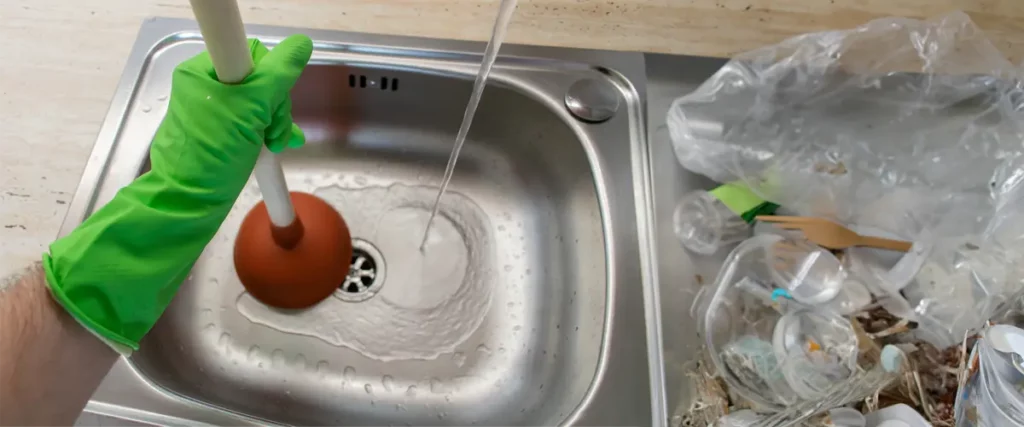
Improper Disposal: A Modern-Day Challenge
Another factor affecting our water and drainage issues is the consequence of our modern lifestyle. Modern conveniences can inadvertently contribute to sewage backups. Items like cooking grease, disposable wipes, and feminine hygiene products are often improperly disposed of and can lead to clogs within the plumbing system.
Homeowners should educate themselves and their families about proper disposal methods and avoid flushing items that can lead to clogs. Providing trash bins in bathrooms for disposable items can help prevent backups.
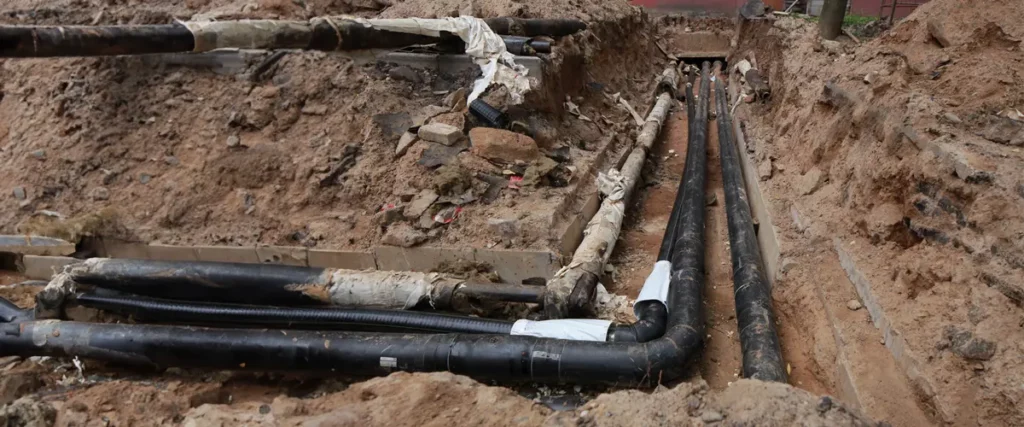
Preventing Sewage Backups: Your Defense Strategy
To prevent sewage backups, homeowners can adopt several preventative measures:
· Regular Maintenance
Conduct routine plumbing inspections and cleanings to prevent clogs and identify potential issues.
· Mindful Disposal
Avoid flushing non-biodegradable items and dispose of cooking grease properly.
· Tree Placement
Plant trees and shrubs away from sewer lines to prevent root intrusions.
· Sewer Line Inspection
Regularly inspect sewer lines for signs of deterioration or damage and address issues promptly.
· Property Grading
Ensure proper grading directs water away from the home’s foundation and basement.
Sewage backups are a serious concern that can lead to health risks, property damage, and costly repairs. By understanding the common causes of sewage backups and implementing preventative measures, homeowners can safeguard their properties and prevent these unwelcome incidents.
For more expert insights on home maintenance and protection, contact our water damage company in Lawrence, KS. Stay informed and proactive in protecting your home from sewage backups and other potential hazards.


